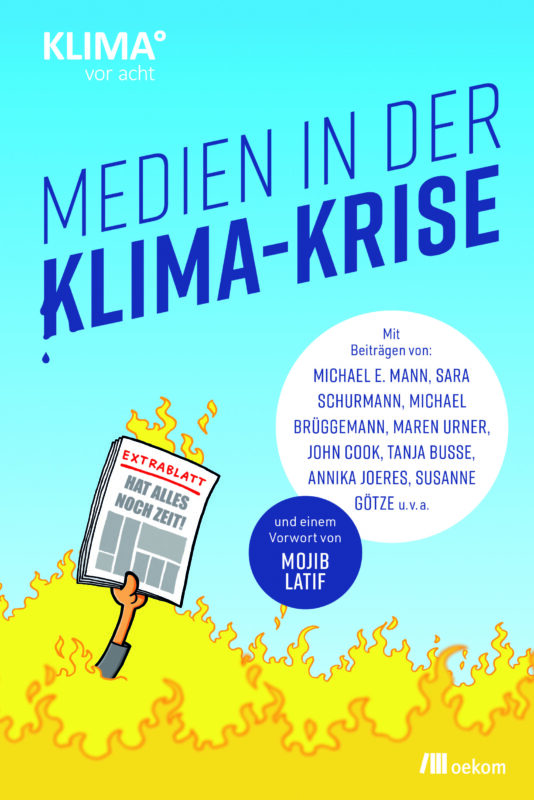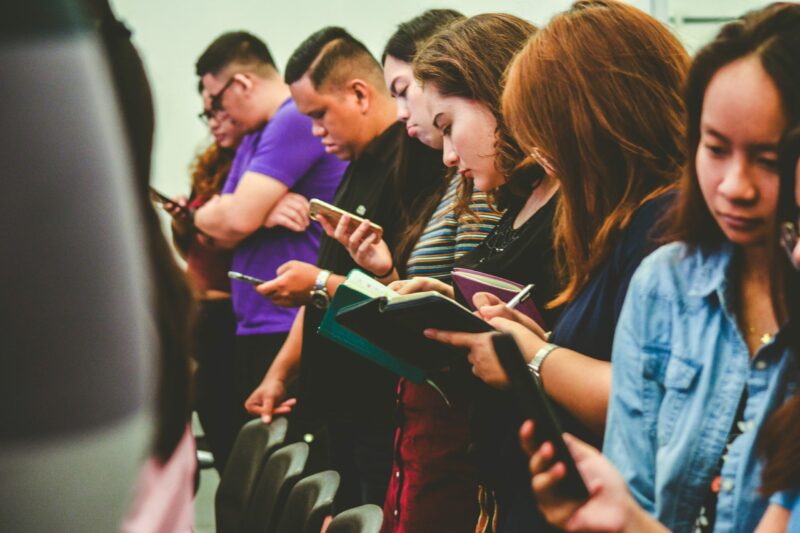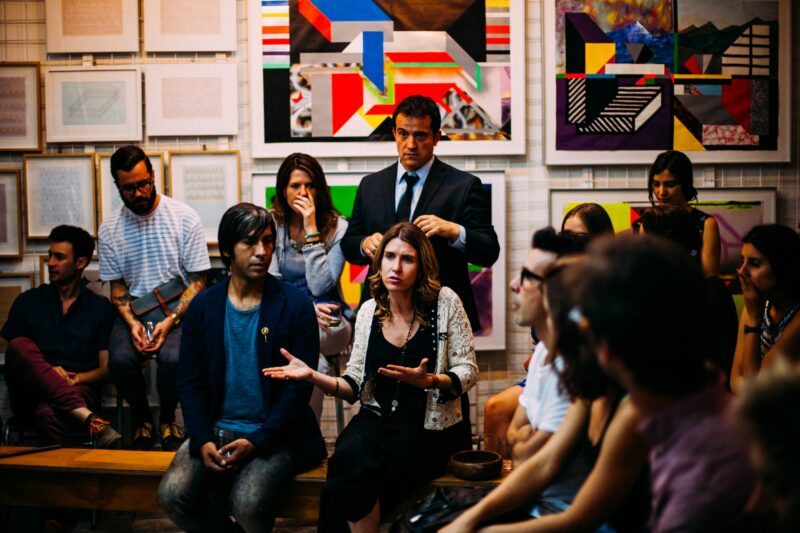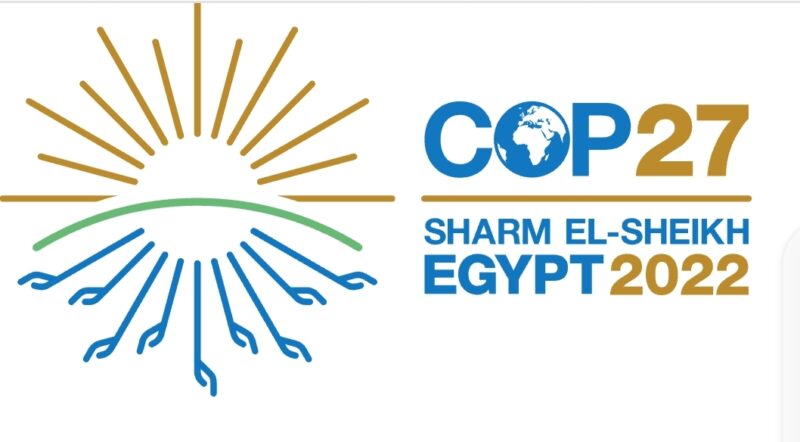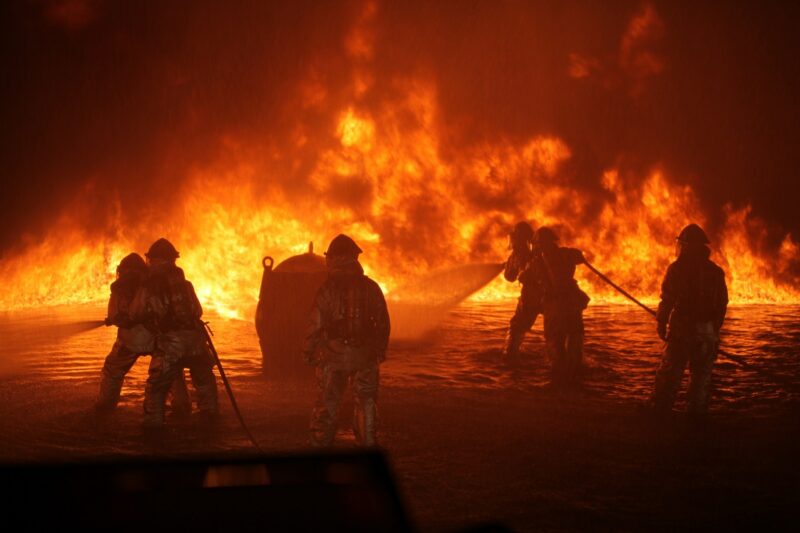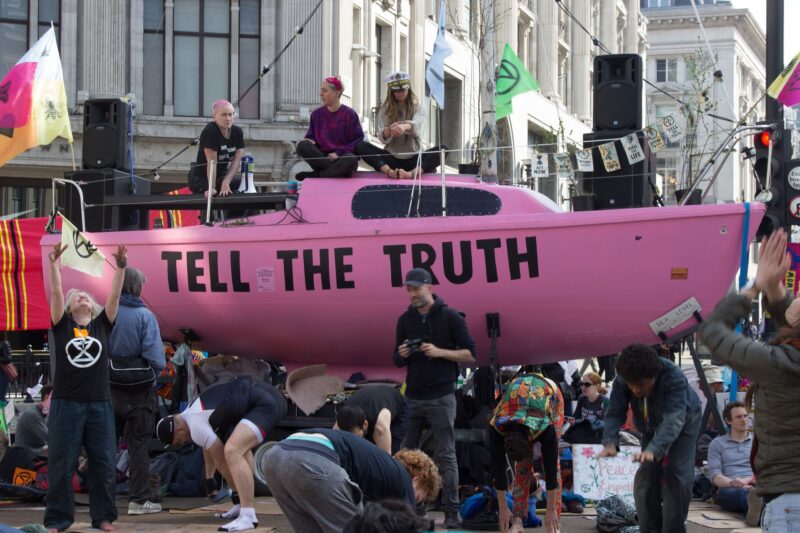
von Christian Schneider
Ulrich Grober möchte mit seinem neuen Buch “Sprache der Zuversicht” der Resignation der aktuellen krisenhaften Zeiten die Stirn bieten. Zu diesem Zweck begibt er sich auf eine akribische Recherche nach Wortherkünften und ursprünglichen Begriffsbedeutungen. Er zeigt, wie wir sprachliche Tools einsetzen können, um an der Konstruktion einer besseren Welt mitzuwirken.
Another World Is Possible – eine andere Welt ist möglich. Wer schon mal auf einer Klimademonstration war, der wird dort wahrscheinlich auch über diese Parole gestolpert sein. Ulrich Grober holt in seinem neuen Buch „Sprache der Zuversicht – Inspirationen und Impulse für eine bessere Welt“ die ganze Kraft dieser Parole und anderer ikonenhafter sprachlicher Werkzeuge aus der Geschichte hervor. Er stellt sich der neoliberalen Erzählung der Alternativlosigkeit unseres den Planeten ausbeutenden gesellschaftlichen Systems in den Weg. Dabei beginnt der Wandel für Grober in der Sprache. Sie habe die Macht, die Dinge in Licht zu kleiden und mit Hoffnung zu füllen. Grober möchte mit einem ganzen Werkzeugkasten sprachlicher Tools der lähmenden Endzeitstimmung unserer krisenhaften Zeit die Stirn bieten.
Continue reading Rezension: “Sprache der Zuversicht” – Eine andere Welt ist möglich




